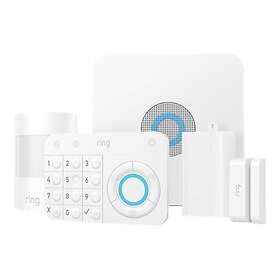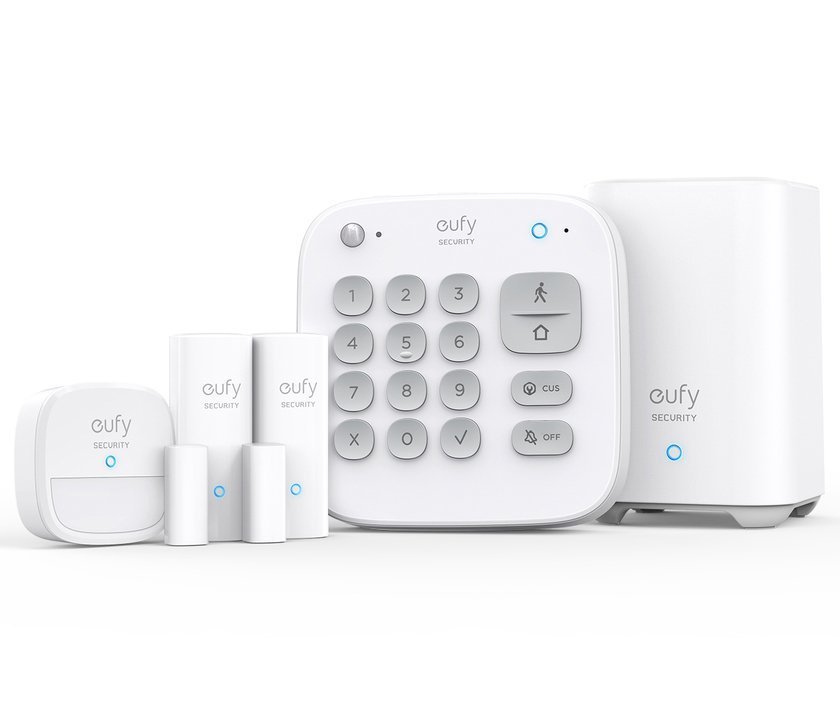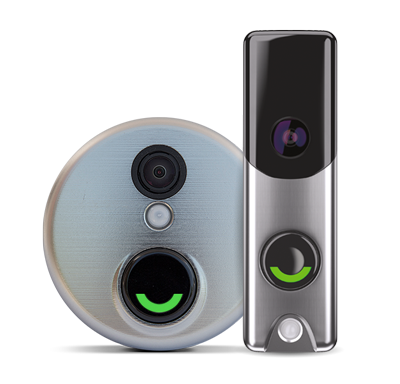
You have many options when it comes to high-security doors. These include ANSI Grade 1 & 2 deadbolts or mesh screen, fireproof, sound insulated, and ANSI Grade 3 & 4 deadbolts. These doors are ideal to protect your home from theft and vandalism. These doors can be used for older or new homes.
ANSI Grade 2 or 3 deadbolts
The highest security level available for residential doors is achieved by installing ANSI Grade 1 or 2 deadbolting systems. Grade systems define the minimum requirements regarding key torque cycles, operation and pull strength as well as impact resistance. In general, high-security deadbolts are harder to pry open than Grade 3 deadbolts.

Mesh screen
Homeowners who need to be protected against intruders will appreciate the high-security mesh screen. It is made out of stainless steel wire and offers unmatched strength and security, while also allowing for ventilation. This product can be used for doors, windows and screen vents.
Fireproof
A fireproof high security door is a great way to protect your home from damage caused by fire. They are typically made from solid timber frames. Fire-resistant glass can be used to cover them. This glass should have an average fire-resistance rating 60 minutes or more. These doors are durable and very difficult to break into. These doors are ideal for banks and jewelry shops, which are often targets of robbery or attacks with firearms.
Sound insulated
There are a variety of ways to sound-proof high-security doors, from simple DIY projects to custom-made options. You can add a soundproofing material to the inside frame of the door. There are other options, such as insulating the whole door with rockwool. This will give you a 33-38dB rating.

Door jamb reinforcement kits
Door jamb reinforcement kits can be installed to your existing door to enhance its security. These kits include galvanized steel parts that fit snugly against the door jamb. These pieces can be attached easily with extra-long screws. These pieces are also designed to prevent splintering the door and protect the hinges.
FAQ
Are there any real reasons to have a home alarm system?
Home security systems are essential if you have a home. You don't have to be worried about a burglar breaking into your home. They'll steal everything, even valuable electronics. And if you leave your doors unlocked, they could just walk away with everything.
Home security systems can help protect your home by notifying you when something happens. This includes monitoring motion, sending you alerts to mobile devices, recording activity, as well as allowing access to recorded footage.
A DIY camera is a great alternative to a full-blown home security system. These cameras let you see who is at your door and give you notification when they come or go. But they won't help you stop intruders from breaking into your home.
Are motion sensors capable of triggering alarms?
Since the beginning of time, motion sensor alarm systems have been in use for decades. However, they are becoming more popular as a result of increasing theft and break-ins. The problem with these devices is that they are often too expensive, and they don't work well when placed inside cabinets. If you are looking to protect your home from potential intruders, a motion sensor alarm system might be worth considering.
Which home security system is easiest to install?
They don't even require installation. These are the best home security system. They're called "plug and Play" systems, because they do the job like magic. Just plug them into the power outlets and connect to the internet via a router wireless. Once connected, everything will be available for you to manage from anywhere around the world.
Statistics
- Depending on your insurance, 24/7 professional monitoring may qualify you for as much as 15% off your premium. (safewise.com)
- Most home security companies will charge you around 75% of the remaining term of your contract if you cancel early—and some require 100%.Related questionsWhat type of contract length can I expect from security providers?Home security system cancellation (safewise.com)
- Related questionsHome security systems that are 100% DIY (safewise.com)
- Depending on your insurance, 24/7 professional monitoring may qualify you for as much as 15% off your premium. (safewise.com)
External Links
How To
What you should look for when choosing a Home Security Monitoring firm
When choosing a home security company, there are many factors to consider. You must first make sure they know what they're doing. Ask around to find out if there are any other people who have used this service provider. You should not use them if they don't have any recommendations. Ask friends and family members if they would recommend the company. This way you get honest feedback from people who actually use the services. Go online to read reviews. Check out their website and social media sites like Facebook and Twitter. Read through customer testimonials and complaints. You can look at negative comments and figure out why. It could indicate that someone has done something wrong to the client.
The next step is to review references. Call up past clients and ask them how they liked the service. Did they feel satisfied with the quality of work? Was everything done according to plan? Make sure that the previous company was reliable and trustworthy. They did not just give you a price and then disappear.
Next, be sure to choose an insured company. If anything happens to your property while on vacation, an insurance policy will pay for it. The best companies offer 24/7 emergency response services so that you won't have to worry about calling them during business hours.
You should also check if maintenance and installation are included in the contract. Some companies charge extra for these services, which makes sense because installing and maintaining equipment takes time and money. Some companies only offer basic monitoring services which are not sufficient for most homeowners.
Ensure that the company has reasonable prices. Paying too much for inferior products is not a good deal. When comparing different providers compare apples to apple. For example, if one provider charges $150 per month for basic monitoring, another provider might charge $200 per month for the same service. So, if you want to save money, you need to shop around.